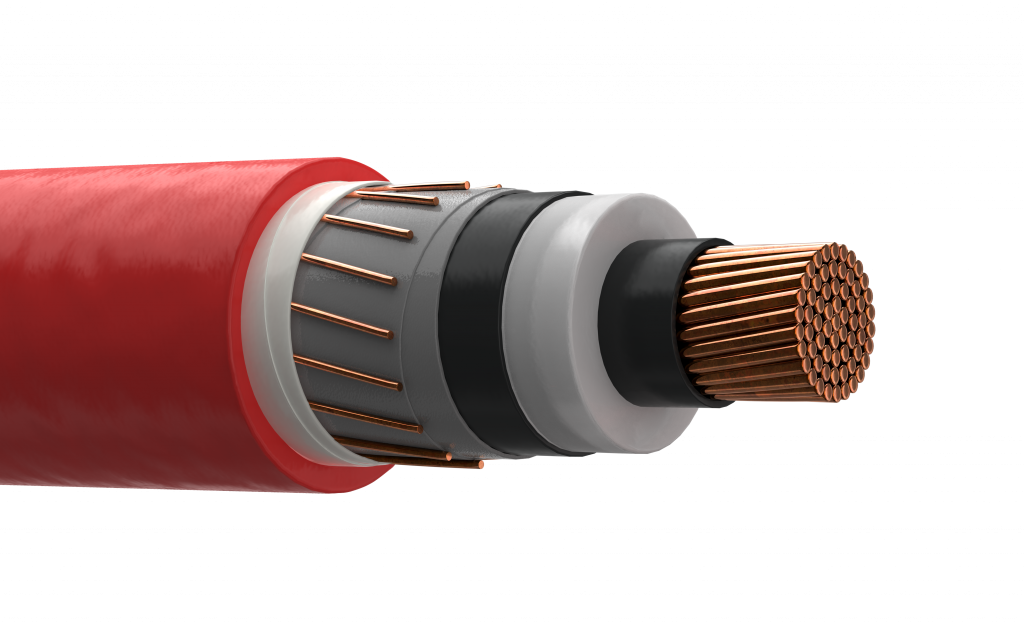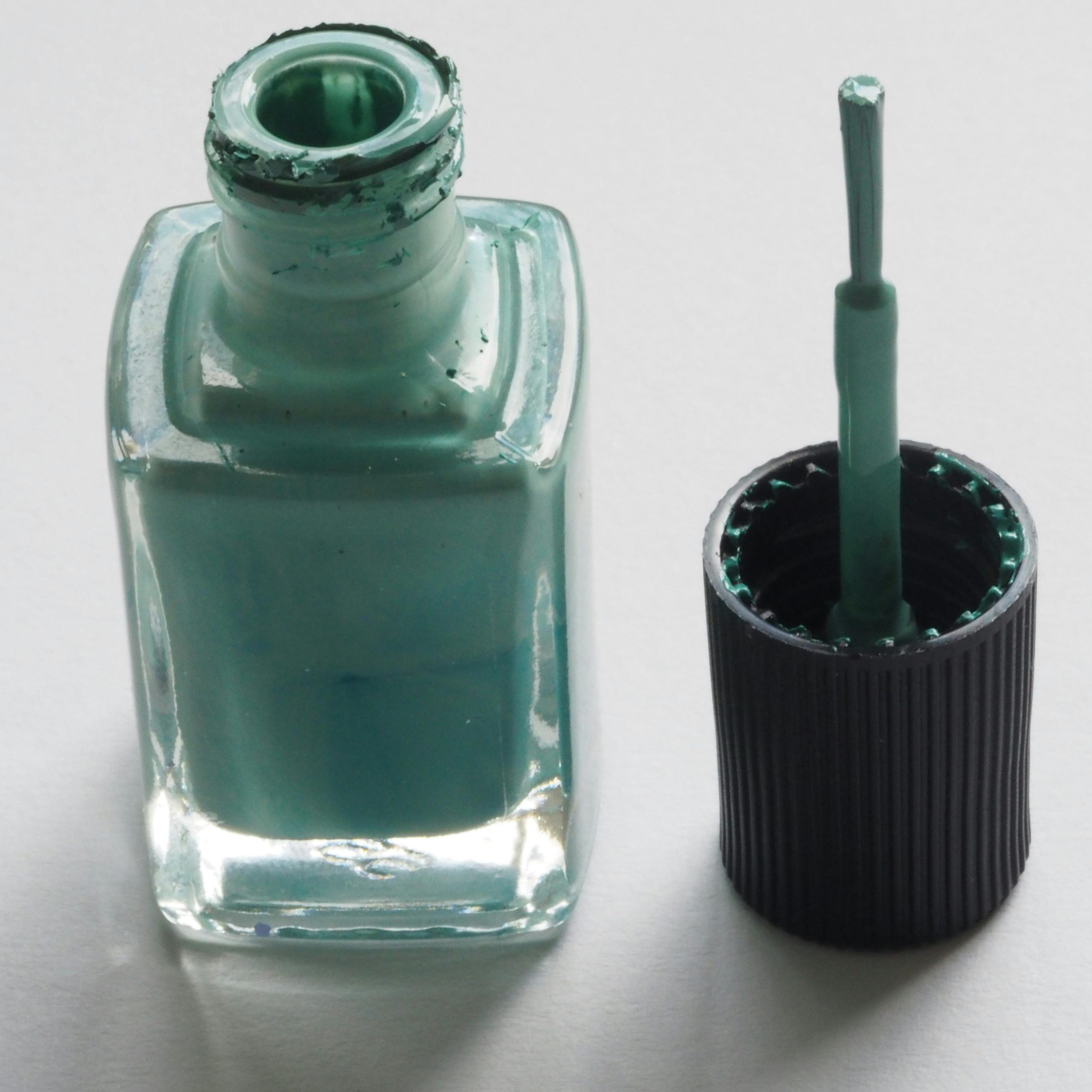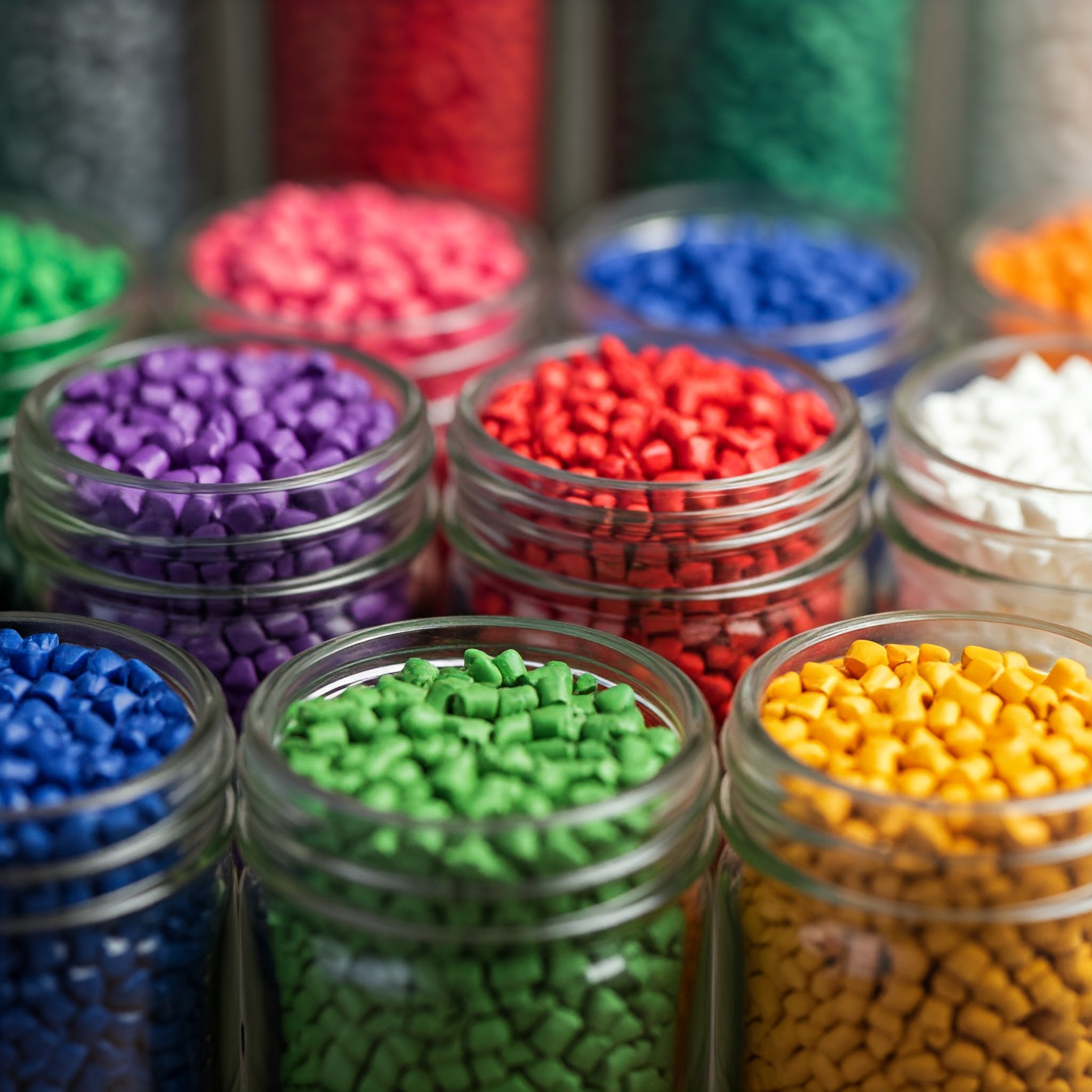Products
additives
cross linking agent
nitro cellulose
anti-corrosion
floor hardener
phosphate esters
anti tannin
initiator
refrigerant
conductive carbon black
micronized wax
surfactant
coupling agent
microspheres
wax
Anti-Corrosion & Anti-Tannin
Corrosion inhibitors and tannin inhibitors are used in paints and coatings to enhance durability and appearance. Corrosion inhibitors prevent the oxidation of metals, extending the lifespan of structures and machinery, while tannin inhibitors counteract the effects of tannins in wood, preventing discoloration and degradation in finishes, particularly for tannin-rich species.


Conductive Carbon Black
Used in coatings, plastics, and rubber, because it improves conductivity, which is essential for applications like electrostatic discharge (ESD) protection, electromagnetic interference (EMI) shielding, and even in batteries, footware, and flooring. Additionally, it can enhance the mechanical properties and durability of the material while providing a black color for aesthetic purposes.


Coupling Agent
Work as a bridge to incorporate inorganic and organic material which enables good dispersion of inorganic filler into polymer for many applications composite materials, paint dispersion, plastic compound, rubber compound.

Cross-Linking Agent
Create chemical bonds between polymer chains, resulting in a more rigid and durable material. This process, known as cross-linking, enhances the mechanical properties and resistance to heat, chemicals, and solvents. Used as an agent to link rubber within wire & cable, technical rubber goods, or footwear industries.


Floor Hardener
Applications as an aqueous suspension of silica nanoparticles that enhances durability and strength. It is commonly employed in the construction and flooring industries for its ability to improve surface hardness and resistance to wear and chemical damage.


Initiator
Polymerization initiator in the production of plastics and other chemical reactions. It decomposes when heated or in the presence of certain catalysts, releasing free radicals that start polymerization. Its strong oxidizing properties enhance reactions, making it valuable in industries like coatings, inks, and paints.


Microspheres
Applications as an aqueous suspension of silica nanoparticles that enhances durability and strength. It is commonly employed in the construction and flooring industries for its ability to improve surface hardness and resistance to wear and chemical damage.

Nitro Cellulose
Component in many paints and coatings, as it forms a strong, flexible film that dries quickly, ensuring efficient application. Its unique properties enhance adhesion to surfaces while providing a smooth, glossy finish, making it particularly popular in automotive paints and wood finishes.


Refrigerant
absorbing heat from a warmer environment through a process of evaporation and then releasing that heat to a cooler environment through condensation. Uses include HVAC systems, refrigeration, and heat pumps.


Surfactant
reduce surface tension between two immiscible liquids or between a liquid and a solid. This property enables them to improve the wetting, emulsification, and foaming properties of various substances, making them essential in detergents, cosmetics, and industrial applications. Used in inks, paints, and coatings


Wax & Micronised Wax
High quality waxes produced in Europe with broad field of industrial applications like coatings, powder coatings, printing inks, lacquers, plastics, masterbatches, release agents, lubricants, wax emulsions, wax dispersions and more.


